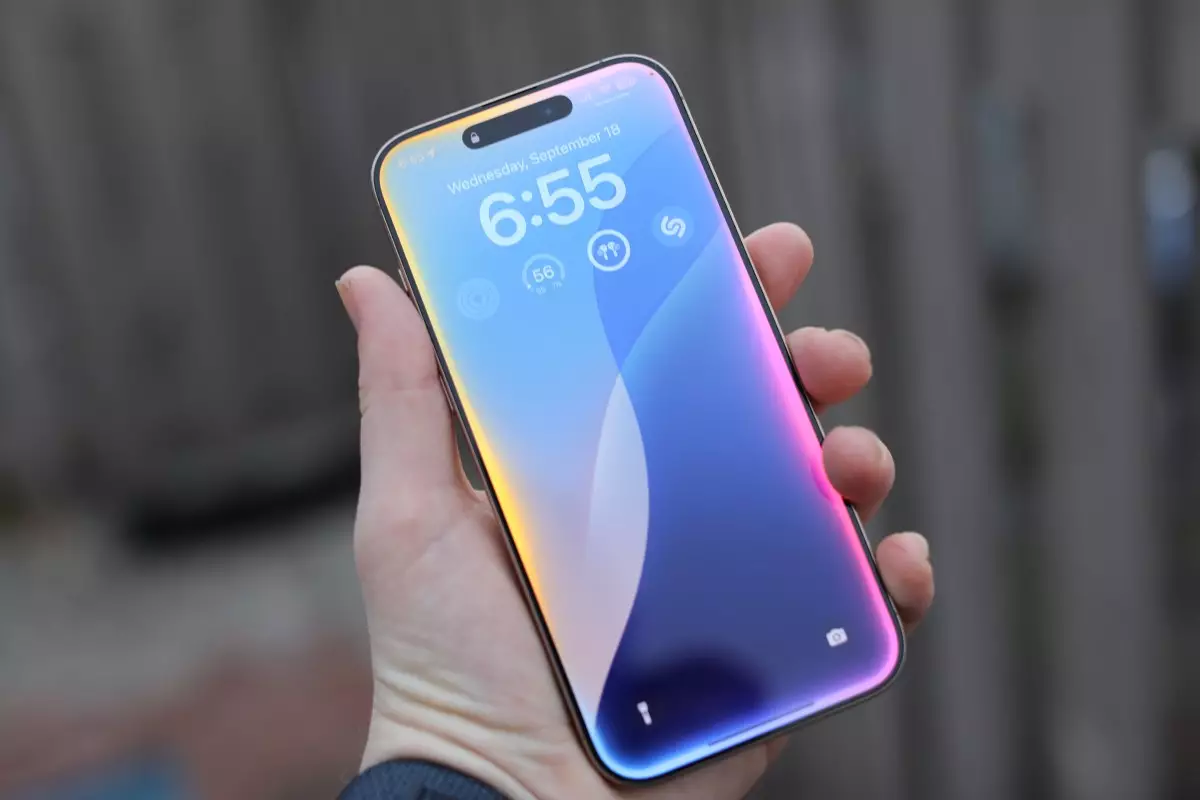In the fast-paced realm of technology, innovation is not just expected; it is demanded. At the recent Worldwide Developers Conference (WWDC 25), Apple unveiled several exciting updates about its operating systems and software, yet the spotlight dimmed significantly regarding one of its most awaited advancements: the overhaul of Siri. This omission is particularly striking, given Apple’s previous fervor for its AI capabilities, yet it reflects an important reality: the race in artificial intelligence has become increasingly competitive.
The Delay of Personalization and Expectations
This year, Apple’s Senior Vice President of Software Engineering, Craig Federighi, offered little more than a cursory remark on the plan for a personalized, AI-driven Siri. Instead of the anticipated detailed revelations, Federighi stated that the enhancements to Siri required further development to meet the company’s high standards. The vague promise of results “in the coming year” raised eyebrows, hinting that users might not see major updates until 2026. In an industry where new advancements unfold almost weekly, such delays could suggest a troubling complacency on Apple’s part.
Previously, at WWDC 24, the company had lauded Siri’s upcoming features designed to elevate the user experience significantly. The ambitious promises of understanding personal context—relationships, communication patterns, and daily routines—may have calmed Apple’s user base but now seem to hang in a state of uncertainty. With Siri’s anticipated rollout now postponed indefinitely, the initial excitement feels stifled.
Quality Concerns and Internal Shake-Ups
Reports suggest that the development of the personalized Siri application faced severe quality issues, functioning correctly only about two-thirds of the time. This reality check highlights a critical aspect of tech development: functionality must align with user expectations. As a company globally recognized for its polished products, Apple cannot afford to falter in delivering a virtual assistant that continuously disappoints.
To pivot from this setback, Apple made a significant internal shift by reallocating leadership roles within its AI division, moving Mike Rockwell of Vision Pro fame into a key position for the Siri project, while sidelining John Giannandrea. This restructuring underscores Apple’s urgent need to regain its footing and assert itself in the rapidly evolving AI landscape, where competitors like OpenAI and Google dominate.
Bridging Gaps Through Strategic Partnerships
To address its shortcomings, Apple’s partnership with OpenAI is a strategic move that reflects its willingness to learn from external successes. By directing unanswered questions to ChatGPT when Siri falls short, Apple is not only acknowledging its limitations but is also resourcefully redirecting user expectations. However, this begs the question: Will users remain loyal to Siri as they also become accustomed to the capabilities of other established AI assistants?
While Apple may have ambitious plans for Siri’s future and is actively attempting to bridge the gap in AI innovation, the reality is that the clock is ticking. The ongoing rivalry among tech giants serves as a reminder that the leader in innovation today could easily become the follower of tomorrow. For Apple, time is of the essence to reinvent its digital assistant to be not just competitive, but transformative.

